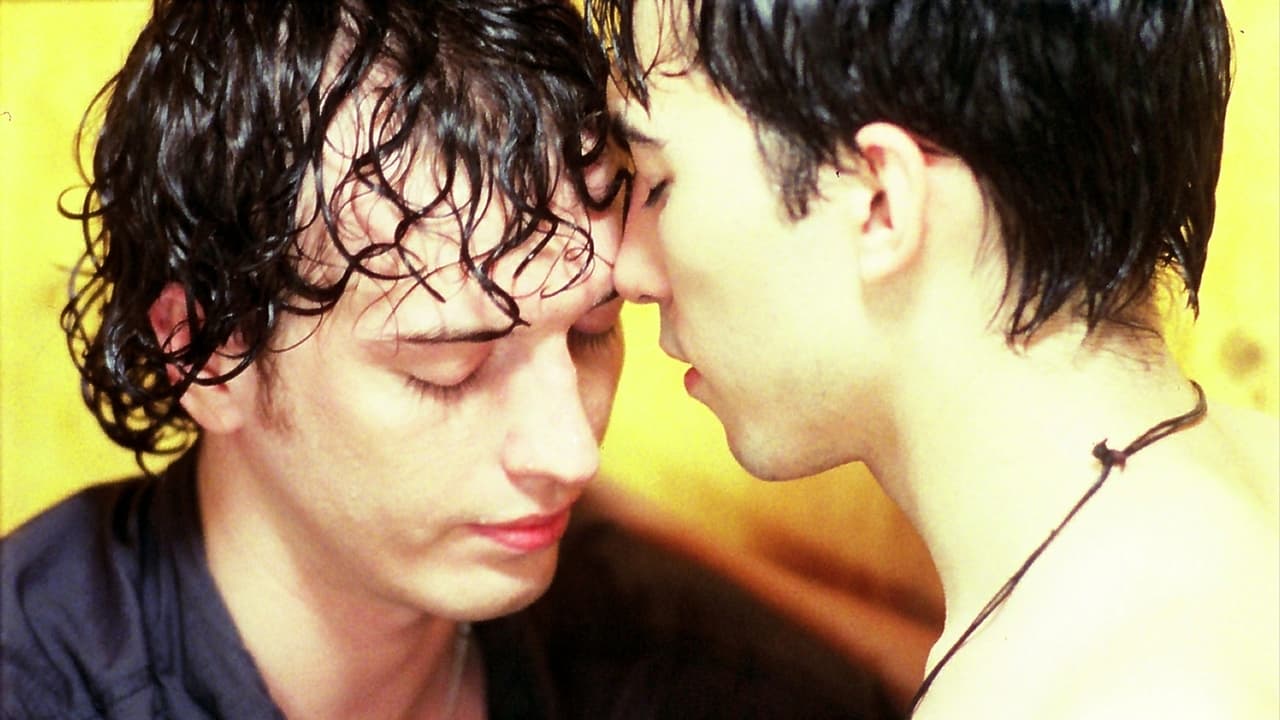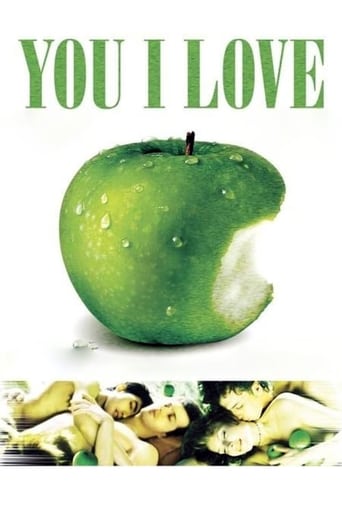CheerupSilver
Very Cool!!!
SparkMore
n my opinion it was a great movie with some interesting elements, even though having some plot holes and the ending probably was just too messy and crammed together, but still fun to watch and not your casual movie that is similar to all other ones.
Peereddi
I was totally surprised at how great this film.You could feel your paranoia rise as the film went on and as you gradually learned the details of the real situation.
SeeQuant
Blending excellent reporting and strong storytelling, this is a disturbing film truly stranger than fiction
Pitumisio
I have read on a previous post something like director-writers Olga Stolpovskaja and Dmitry Troitsky seemed more to be issuing a statement about a westbound, tolerant, more modern Russia than committing to a significant, if not merely credible storytelling. And that's just the tip of the iceberg; I saw it all in order to review it.To make a long story short: the movie's unskilled actor direction, the ludicrous resolution of its plot, and clamorous potholes in screen writing, editing, photography, etc make this an excellent choice for undemanding audiences who, yes, believe its statement and pay for theatre tickets. Which in the end is, probably, what matters to some.
gradyharp
YA LYUBLU TEBYA (You I Love) is a fast paced bonbon of a movie from Russia being hailed in some circles as the 'hottest gay film of the year'. Hot it is not: fun it is. The message from director/writers Olga Stolpovskaja and Dmitry Troitsky seems more a PR statement about how Westernized and modern in social behavior Russia has become since Perestroika than creating a significant gay film. Yet somehow the result is a rapid sequence entertainment that should appeal to a very wide audience.Timofei (Evgeny Koryakovsky) is a young, successful ad executive in Moscow, able to afford all of the luxuries of his Western counterparts. He is in a relationship with Vera (Lyubov Tolkalina) who is a popular TV personality. They have a fresh and vital lifestyle, emphasizing the manifestations of capitalism. Simultaneously we meet Uloomji (Damir Badmaev) who comes from the poorer provinces, the son of a strict and struggling worker family. Uloomji strikes out for Moscow to find a job and a life. He 'accidentally' encounters Timofei who feels sorry for the homeless youth and takes him to his apartment for care...and cavorting! The socially naive Uloomji and the sexually naive Timofei collide (the metaphor is readily apparent) and are discovered in embrace when Vera returns home. The remainder of the story is how the two men and one woman grow into a ménage a trois of sorts and how the friends and families of the three respond.While the story is really one of bisexuality it is played as a drawing room comedy (? TV sitcom Moscow style?) and while the film takes a lot of visual and technical chances - some of which work well, others spoil - the final result is a light entertainment that doesn't really push the edge purported by the trailers and the PR media glut. The three main actors are excellent and show promise of becoming stars in their own right. This is a fun film that asks the audience to just step on for the ride for an inside look at the now-open Moscow life! Grady Harp
jazzest
Innocently playing with modern Moscow's racial diversity (e.g., an African-American executive in an advertisement agency), capitalism (e.g., an overly clichéd CM: "What is Love?" "Love is Cola!"), and, of course, gay romance, You, I Love proves that the Post-Perestroika Russian cinema still remains refreshingly young. MTV-influenced editing and post-pro techniques boast their variety: the fast-paced-slideshow on the first date of Vera (Lyubov Tolkalina) and Tim (Evgeny Koryakovsky), the mixing-reality-and-dream montage on Vera's reflection during her bathing, and the flashback sequence with fast-paced editing and over-exposure on Vera's hallucination during her physical therapy. The appearance of Uloomji (Damir Badmaev) is annoyingly unsophisticated; this casting choice may be due to producing a sense of reality considering his character, but, hey, this is a slick flick whose other two leads are good-looking as if they were movie stars.
HoMordomo
This film reminds us of "Sex and the City", but with the city being Russia's capital. Showing us a very stylized Moscow (as "SEX" does with New York), the movie spotlights the private lives of 3 main characters in a modern take of now "liberal" Russia. Two of them have glamorous lives and careers, affording us viewers locations (luxury apartments, offices, bars, and so on) to match; a global, thoroughly Westernized side of Moscow we rarely see on film.The third character is from the Asian part of Russia, throwing in some gritty reminders about how others, especially racial minorities, live in Russia. This character's family, predictably, is more conservative and closed minded than the other more "European" characters. This character and his family also remind the audience of Russia's multi cultural nature.Minor characters inter related to the main three complete the mosaic of modern day Moscow the film paints. Each is a composite of stereotypes -a foreign multi national executive, two senators (the three living similar hedonistic lifestyles), young people with aspiring consumer driven dreams; all but the "Asian Russians" quite capitalistic.While not revealing any particularly novelty, the film is interesting to Westerners as a glossy display of Moscow life, with the stereotypes we read about in the press, and hear about in World News, brought to life on screen.The basic plot however confirms (at least to me) that Moscow is not yet that up to date and permissive. The main relationship formed is a compromise with the conservative reality of Russian morals, and I think not very realistic in any society. One may infer from this film that progressive trendy Muscovites can accept bisexuality, but not real homosexuality. This film makes it clear that it's OK to be gay if you're really bisexual. At least, that's a start for this conservative society. But it is not what (I believe) most of the film's target audiences are expecting to see. In the end, the message the film sends is a cop out.

